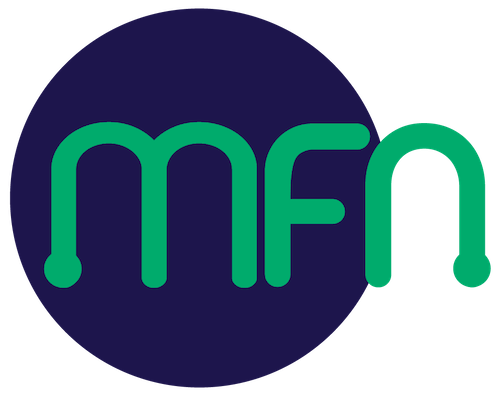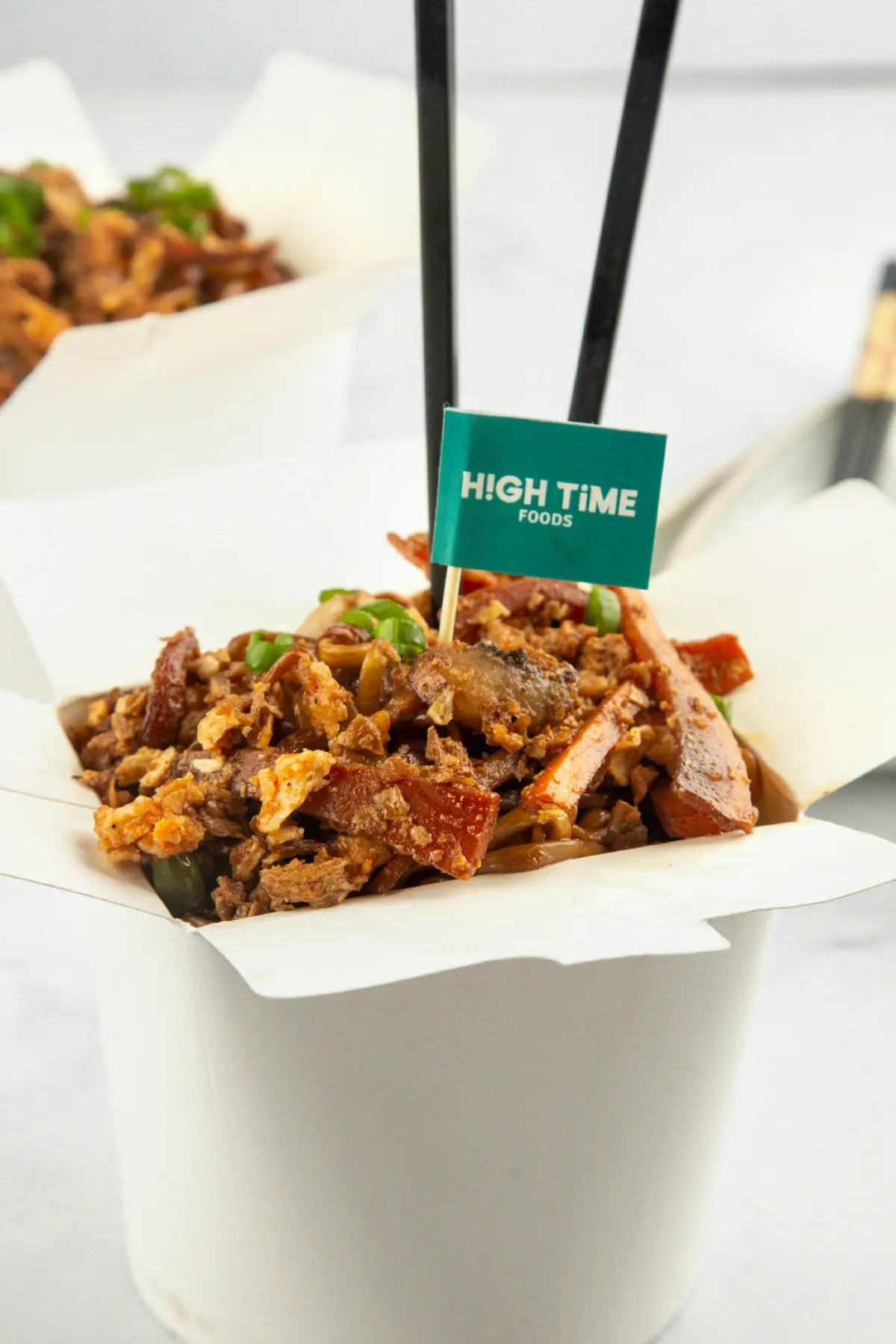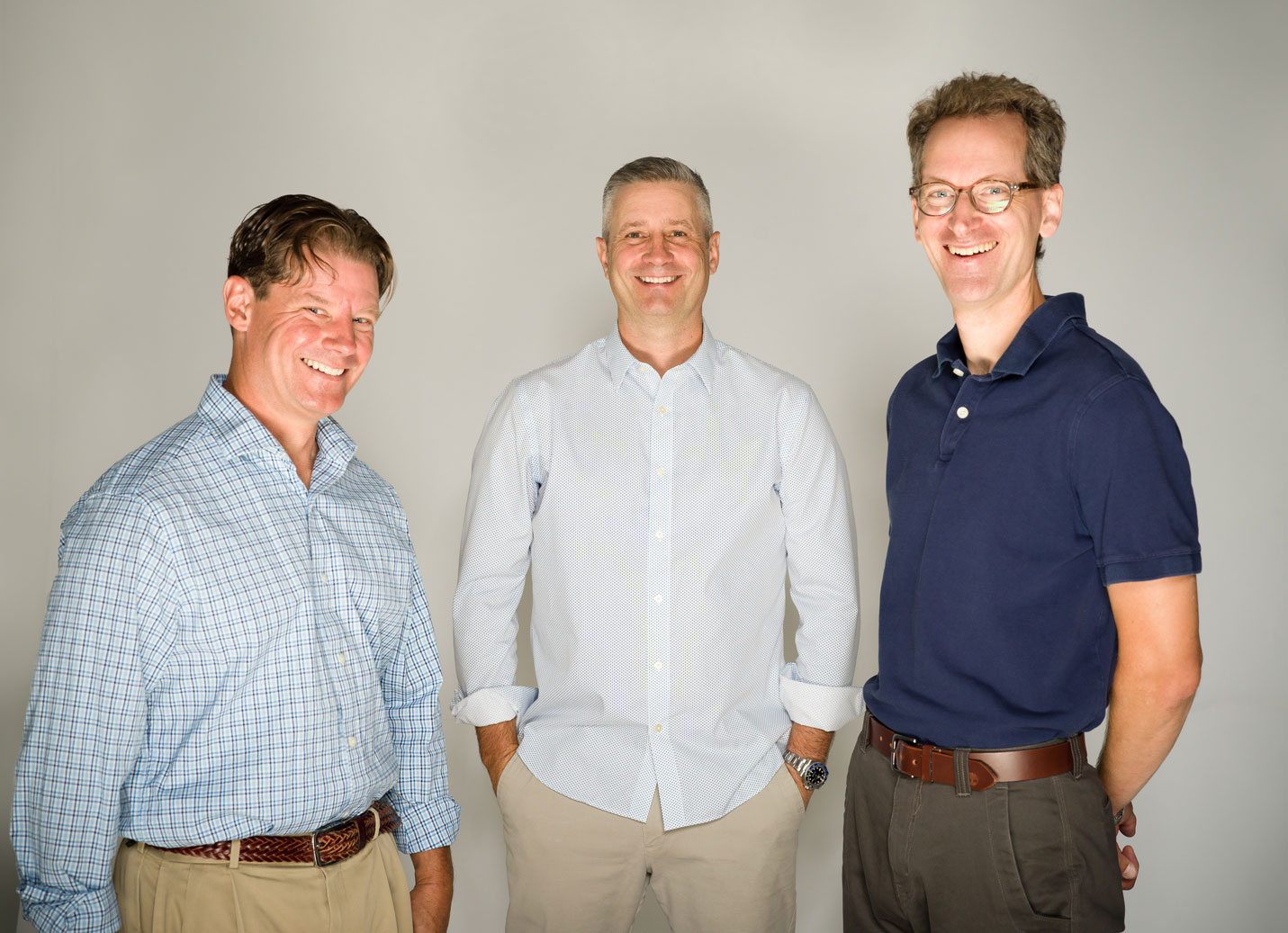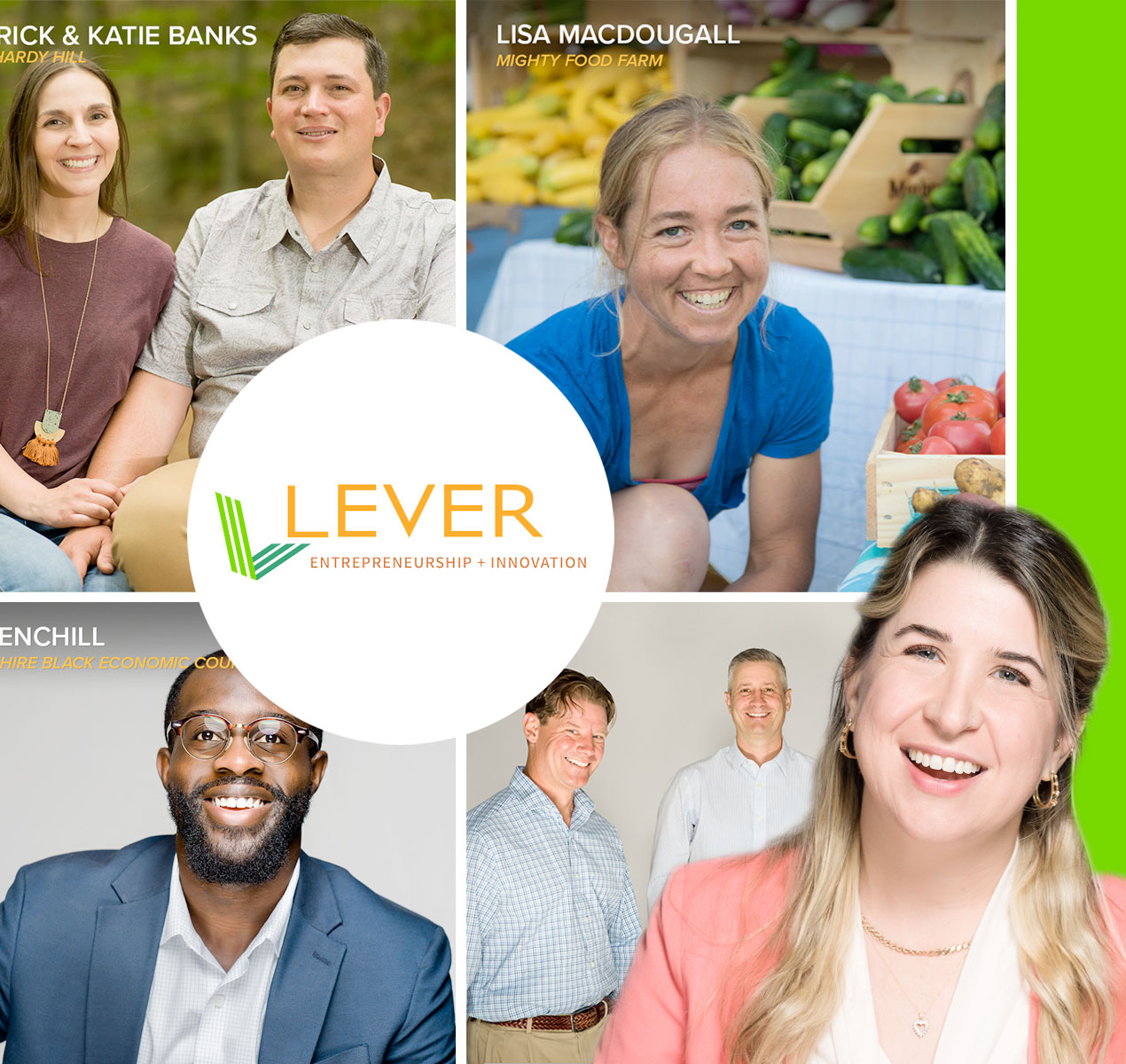Aakash Shah and Damian Felchlin are the co-founders of High Time Foods, a Boston-based food company focusing on plant-based meat alternatives. In the last 18 months, they’ve been able to raise funds and go from prototype to proof of market potential–now they’re preparing to scale further. They shared a bit with MFN about the process of fundraising and product development, and what their experiences were like as they were pitching to VCs.
Can you give us a brief overview of High Time Foods?
High Time Foods focuses on plant-based meat alternatives for a global market with the goal to reduce CO2 emissions, water and land usage and provide nutritious food. Current plant-based products require refrigeration, are pre-molded (i.e. burger patties, chicken nuggets, etc.) and are pricier than regular meat. Our solutions, plant-based, shelf-stable meat alternatives, do not require refrigeration (shelf-stable), are affordable and can be used in any cuisine, any dish (versatile).
Tell us about your backgrounds, and how you got interested in the alternative meat space.
Aakash: I came to Babson’s MBA program having already built and exited a successful Ghost Kitchen in India. When working with various folks in the food ecosystem during that venture, I saw firsthand the tremendous waste created by meat production, processing and preparation in restaurants. It was at that point that I really started digging into the potential of the alternative meat space and diving into companies like Beyond Meat and Impossible Foods. As the market began growing ($29.4B in 2020 and projected to grow to $162B by 2030) and data began emerging about how significant reductions in meat consumption would benefit the environment, I knew I wanted to use my time in business school to explore the space, and build a company around it.
How did you guys meet and how did the company get started?
Damian: We met in business school, and really bonded over a shared desire to build something that could slow or prevent climate change. I grew up in a small town in Switzerland where people’s connection to nature was deeply integrated into all aspects of life. I also worked as a product manager for a large food import company in NYC for a few years where I really gained an understanding of how the food production and distribution ecosystem worked.
Aakash: Before this company came into existence, we developed our friendship primarily over a shared affinity for the positive impact that this new industry could have on the planet. Given our complementary skill sets, a natural business partnership formed and we really hit the ground running during our final semester in business school (Spring 2021).
How did you get your first customer? And did you get a customer commitment before investing in production?
Damian: Our journey into the plant-based meat alternatives market began with an extensive research phase, where we engaged in conversations with over 50 chefs and end-consumers across various geographical locations. We identified a significant gap in the current market offerings. Existing products were often pre-shaped and pre-seasoned, like burger patties or nuggets. These products required refrigeration and were priced higher than conventional meat, making them less appealing to consumers when faced with a choice.
In response, we developed a versatile, shelf-stable, and affordable plant-based minced chicken alternative. Our product was designed with flexibility in mind, allowing chefs to incorporate it into a variety of dishes without being constrained by pre-determined shapes or flavors.
Our unique approach to plant-based meat alternatives quickly resonated with restaurants and chefs. Notably, Phinix Virtual Kitchen, a leading caterer in the Boston area, and Boloco, a renowned Mexican chain, became our first customers. Their initial trust in our product paved the way for other foodservice customers to follow suit.
How have you gained traction thus far?
Aakash: Since the beginning of 2023 we have been focusing on foodservice sales in the New England area. As of today, we have close to 30 restaurants, local chains and colleges buying from us. We are also excited to be onboarding major food distributors later this month, allowing us to reach more restaurants and end-consumers in the New England area.
Aligned with our mission to “provide nutritious plant-based food across the globe,” we have been working with customers from different cuisines and geographies and creating tailored solutions. That is why we cater to more than 11 different cuisines (from Mexican, Indian, Thai, etc.).
How has the company been funded to date?
Damian: Aakash won a pitch event at Babson, and received $20k, allowing us to develop our first prototype. Last year we were accepted into the Techstars Boston accelerator program and raised $600k from strategic angels.
I imagine raising money both in this environment and as a food production company has been relatively difficult – can you tell us about some of the challenges you’ve faced fundraising?
Damian: The (VC) market has experienced a lot of turbulence this year. Fundraising has been challenging for startups across various sectors globally, including the FoodTech space.
However, because our business is not software or tech, and thus not the most ideal fit for traditional VCs anyway, our strategy has been to achieve profitability as quickly as possible designing an efficient operation, strategic cost management, and relentless focus on customer acquisition and retention.
Because of our focus and discipline on business fundamentals, we are in a position now to be selective with what kind of investment partner we want to take on, if/when we need to. It is important to have investors who align with our mission—to create tailored plant-based protein options for consumers worldwide. These investors will understand the long-term value proposition and transformative potential of our products, and hence, are more likely to provide the patient capital needed to weather current market conditions.
What strategies have you employed to build relationships with investors and secure commitments during your fundraising journey? How are you planning to use the capital?
Aakash: Warm intros are key. We tap into our network of our current investors, mentors, advisors, graduate professors and classmates, as well as our food community. Once you establish a relationship with a potential investor it’s important to keep them in the loop on your progress.
Within the last 18 months we were able to go from prototype, to first production, to first customers, to recurring orders to proof of market potential. Now it’s time to scale up, hire more salespeople, develop more products and increase our production volume.
Any parting words of advice to any entrepreneurs reading this that may be preparing to launch a fundraise?
Aakash: Accept the fact that you will get plenty of “no interest” responses, make sure you can survive without investor money for at least 6 months (yes that’s the minimum it takes to close a round) and try to have fun. How can you adapt the story? What does the investor want to hear from you? How can you reduce their risk? In each and every pitch it is critical to audit what went well and what didn’t, and then ask these questions to help improve the pitch as you gain more experience.
Remember, it is a mutual exploration of a partnership, and you should treat it as such. Make sure that you really understand the investors you are speaking to, their investment thesis, and tailor the conversation to your company’s alignment with that thesis.
Are you working to find community and opportunity as a Massachusetts startup founder? Join MFN and get access to experts, networking opportunities, and connections within the statewide entrepreneur ecosystem.




